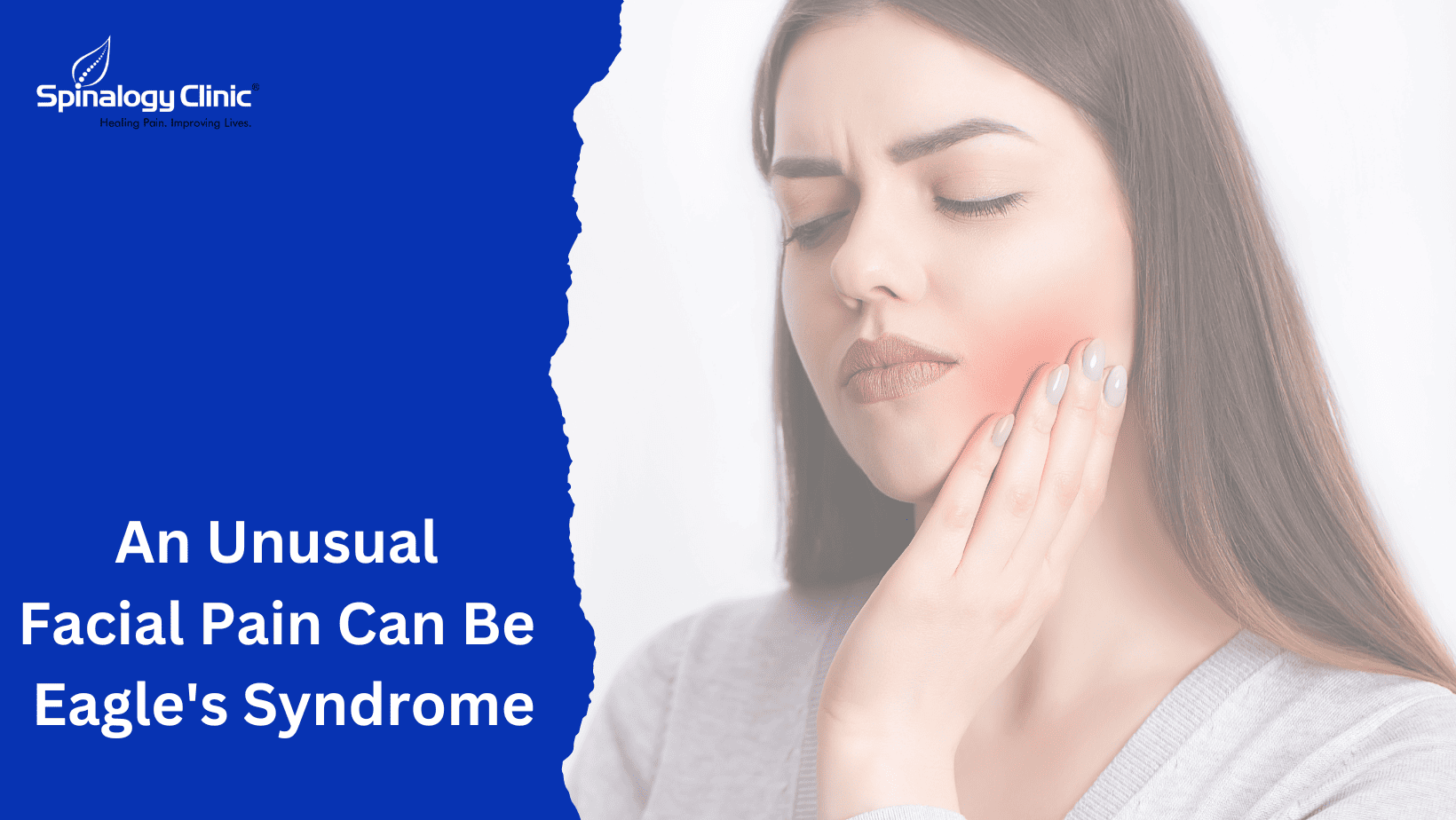Mechanical Neck Pain: Causes, Symptoms, & Relief Strategies
Neck pain is one of the commonest problem, affecting almost up to two-thirds of the population at some point during their lifetime. Mechanical neck pain refers to pain caused by abnormalities in the muscles, joints, discs, or ligaments in the cervical spine. The main cause is due to poor posture, strained muscles, arthritis, and other non-serious causes.
Causes of Mechanical Neck Pain
Common causes for mechanical neck pain includes :
- Poor Posture - Slumping forward develops strains in the muscles of the upper back and neck. This poor posture is ubiquitous with increased digital device usage.
- Muscle Strain - Overuse and fatigue of the small cervical stabilizing muscles from activities like prolonged sitting can lead to spasms and myofascial trigger points.
- Osteoarthritis - Wear and tear of the cervical facet joints and discs causes bone spurs, inflammation, and narrowing of the spinal canal.
- Injury - Whiplash injuries from car accidents, contact sports, or falls frequently causes sprained muscles and ligaments.
- Bone Spurs - These abnormal bony overgrowth develops as part of the degenerative process and can impinge on nerve roots.
- Fibromyalgia - This chronic pain syndrome amplifies pain signals from muscles and connective tissues throughout the body, including the neck.
- Stress - Mental stress trigger contractions of the neck muscles which can fatigue muscles and restrict blood flow, leading to pain.
Symptoms of Mechanical Neck Pain
The commonest symptom is aching, stiffness, or tightness in the cervical region
Certain movements tend to aggravate the pain, such as turning the head or looking up and down. The pain is typically more localized without tingling, weakness, or numbness in the arms that accompanies a cervical disc herniation.
Treatment approaches
Let’s look at some approaches to alleviate this mechanical neck pain without surgery.
Physical Therapy Exercises
Specific exercises helps in stretching of tightened muscles and strengthen weak muscles. A physiotherapist does hot and cold fomentation, ultrasound, and traction to relax the neck tissues and improve mobility.
Posture Correction
Becoming more aware of daily postural habits and fixing the position of the head over the shoulders can significantly decompress the cervical spine to decrease pain. Ergonomic adjustments can reinforce better posture.
Medications
Non-steroidal anti-inflammatory drugs (NSAIDs) like ibuprofen and naproxen sodium are often recommended to alleviate swelling and pain. Muscle relaxants ease spasms and allow the neck to move more freely.
Healthy Lifestyle Modifications
Improving general health goes a long way in easing neck tension. This includes staying well-hydrated and maintaining healthy body weight, exercising regularly, managing stress effectively, and getting adequate sleep.
Pillows & Collars
Special contoured pillows and cervical collars provide support for the neck during sleep and rest periods to alleviate pinching and irritation of the cervical structures.
Topical Analgesics
Over-the-counter menthol, capsaicin, and CBD creams absorbed through the skin temper inflammation and block pain signals at the source to numb achy neck muscles.
What to Expect with Conservative Mechanical Neck Pain Treatment
Treating mechanical neck pain without surgery involves utilizing the therapies mentioned above to address the specific factors contributing to your pain. The focus is on alleviating inflammatory pain, relaxing hypertonic muscles, mobilizing stiff joints, and improving spine alignment and posture.
Your physician will likely start by prescribing an oral NSAID medication to reduce swelling and ease pain. Recommendations will also be made regarding pillow support, posture correction, and an appropriate exercise regimen. Initial physical therapy may utilize massage, gentle stretching, and modalities like heat or ice.
Within a few weeks, you will notice a significant decrease in neck pain symptoms. Your doctor will monitor and adjust the treatment plan as needed. Mild to moderate mechanical neck pain often resolves within several months with disciplined conservative management. Even when the pain subsides, maintaining better posture and doing neck exercises remains crucial.
_1693983606.jpg)
_1746449195_1751827240.png)


